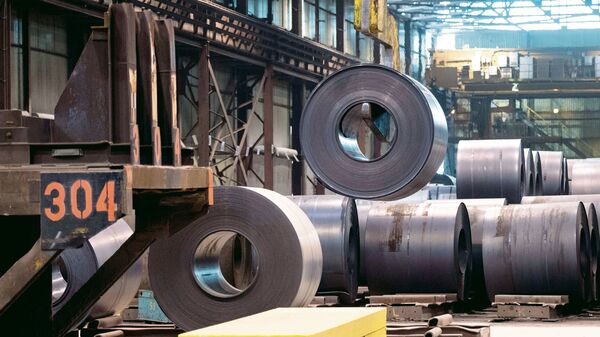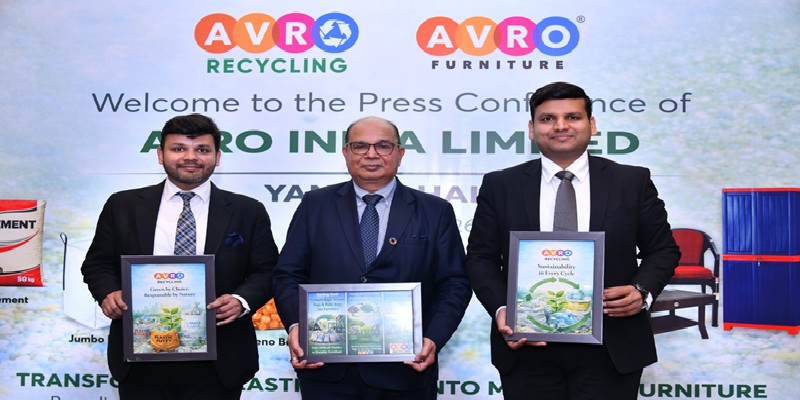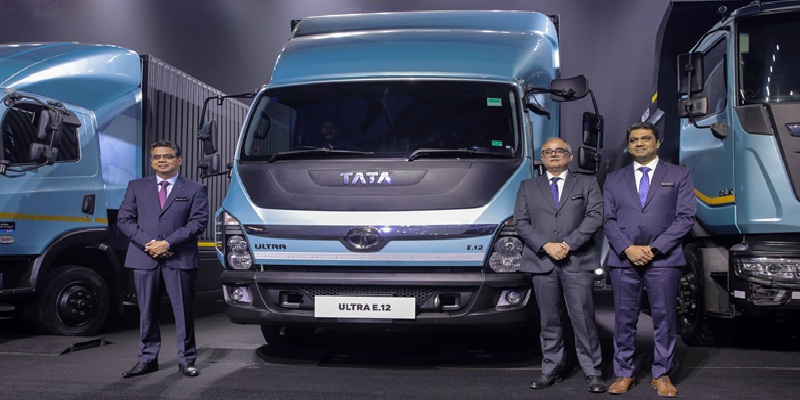Schedule a Call Back
Vietnamese steel, shoes & other imports get stuck in India’s quality check
 Industry News
Industry News- Jun 03,24

Related Stories

Alligator Automations Unveils Rs 0.4 Bn Pune Facility for Global Scale
With this expansion, Alligator Automations strengthens its position as India’s largest end-of-line packaging and robotic automation company.
Read more
Global Manufacturing Rebounds as India, Thailand, Vietnam Lead Gains
Asia drives October’s global manufacturing upturn amid festive demand
Read more
Sanjay Garg Appointed Director General of BIS, to Lead India’s National IEC Committee
With over three decades of diverse administrative experience, Garg brings expertise in strategic planning, policy formulation, and implementation across multiple sectors.
Read more















